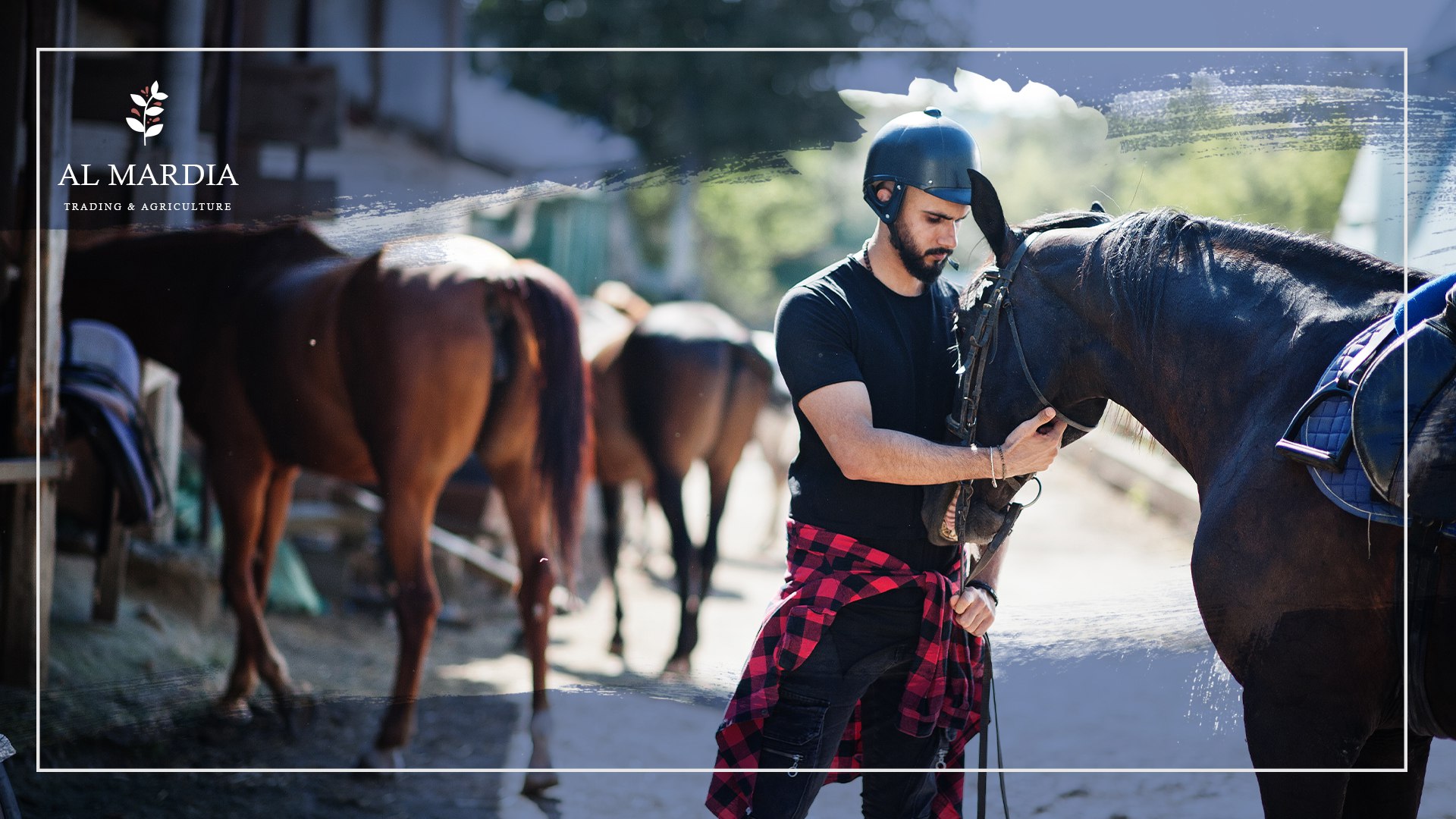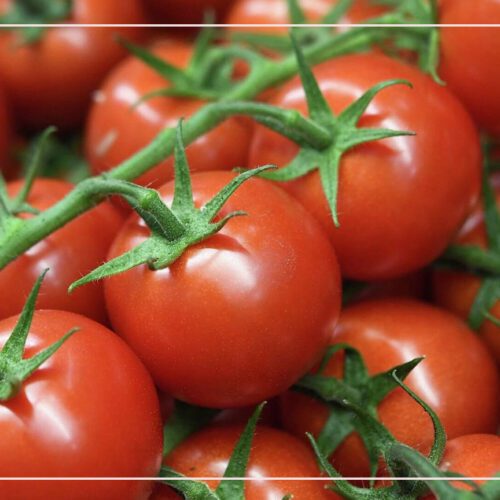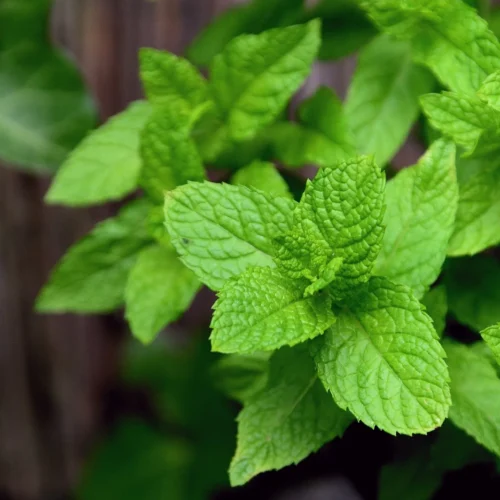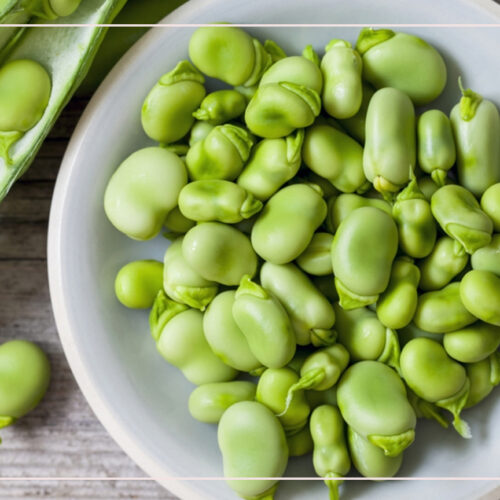
Why Must You Walk Your Horse?
Many horse owners wonder: “why must you walk your horse?”. Horses are not meant to be cooped up indoors all the time. They need room to run and roam freely, without having the structure of their natural habitat compromised by a fence. Horses have been bred for tens of thousands of years to live in open spaces and are much healthier than their counterparts who spend most or all of their lives in confinement. Horses have a lot of energy and need room to graze and move around freely. The pasture is the perfect place for your horse to run, explore, and live!
Horse owners often wonder when it is best to keep their horses confined in a stall and when it is best to let them out. Keeping your horse confined to a stall can be necessary for their health and well-being. For example, when they are recovering from an illness or injury. They can also be kept in stalls if they are pregnant mares. Otherwise, turnout should be the main form of their daily life routine.
Hoof health:
Horses need a lot of exercises to maintain their hoof health. They can’t always get that kind of exercise while they are in a stall. In addition, staying at stables all the time standing on ground soiled with their manure and urine would definitely lead to hoof diseases. For example, hoof inflammation, thrush, and white line disease and many others are probable to happen.
Some people believe that horses should not be stabled at all, but this is not always possible. Horses need to be stabled for protection from the elements and predators, and if they are kept outside, they will need a lot more space than most people can provide.
Exercise encourages natural hoof growth and strength while standing in a stall for long periods of time can affect the health of their hooves. The bedding should be changed often to prevent stalls from becoming damp and encourage the horse to stretch its legs for exercise.
Leg health:
Stalled horses are at risk for developing a condition called “stocked-up leg syndrome.” This can happen when the horse is standing for long periods of time, which causes fluids to build up in their lower legs and feet. If not treated, it can lead to laminitis, a disease that causes inflammation of the tissue and bone in the hoof. While the symptoms might be noticeable as the leg swells below the knee joints. They might dissipate as soon as the horse is allowed to gallop and move around. Keeping horses inside for a long time can frustrate them and cause leg injuries too. Frustrated horses would probably kick the stable walls or hay feeders leading to leg injuries.
Amusement needs:
Horses are socially intelligent animals, and confining them for a long time will make them bored and depressed. Stress and depression can get the horse to bad behaviors like chewing wood, stall-walking, or cribbing. Cribbing is a bad behavior in which the horse typically grabs a horizontal object (such as a fence post or stable door) with its upper incisors pulling against the object by arching his neck while inhaling.
The horse may walk the perimeter of its enclosure, known as stall walking. It’s an obsessive-compulsive habit that can lead to other health problems. (if a horse is stall-walking constantly, it’s not eating or resting).
Needs for Companions:
Horses are naturally herding animals that need to be kept in groups. When they are left alone, they can become very stressed. And that can lead to health problems such as hoof and weight problems or even death.
Horse keepers should provide outdoor pastures, even if they are kept separately in paddocks with the ability to see each other. It’s preferred to provide your horse with the ability to trot and interact with other horses for their mental health.
RELATED TOPIC: All you should know about Dairy Farming
Digestive health:
Many studies suggest that stalled horses are more prone to colic and several digestive troubles. The lack of running and moving around might affect bowel movement and slow gut motility.
Stabled horses are also more probable to suffer from equine gastric ulcer syndrome (EGUS) due to the slowed motility that led to impaction colic at first. EGUS has very painful gut conditions, which increases the mental stress of the horse.
Respiratory health:
We have to know that manure, urine, and bedding can decompose in a really short time. It would release ammonia fumes that harm the horse’s respiratory system and damage its airways. Ammonia vapor is not only bad to smell, but also it increases the risk of horse pneumonia or recurrent airway obstruction (RAO). Chronic inflammatory airway disease is also a result of the dust inside the stable.
Behavior:
Horse owners may confine their energetic horses for a long time. Boredom would not only lead to many bad habits but also disobedience actions are expected increasingly to burn off excess energy. Horses can misbehave in various ways, like kicking stall walls, biting by-passers, and chewing anything within their access.
When a bored energetic horse is getting trouble standing still for a long time to be saddled or groomed, many disobedience signs can be noticed. The horse might bite the handler, paw, and kick out when tied or be inattentive to the rider’s command while riding.
“Bad weather and health conditions must be the only reason we prefer to keep horses indoors. Otherwise, turnout time must be as long as possible.”
You can now check the full list of Pastoral Products
produced by Almardia Group
Common Questions:
What does it mean to walk a horse?
It means providing a pasture or a strip of land where horses get their freedom to run, stretch their legs, trot, and express their energy.
How long should horses be walked out?
Several research proved that horses need eight to ten hours of turnout per day.
Can horses go out alone?
Fortunately, horses don’t need monitoring all the time. Letting them roam around freely would work if a horse has the right personality, is kept in the right surroundings, and receives the right care.





